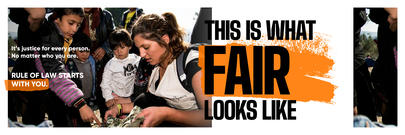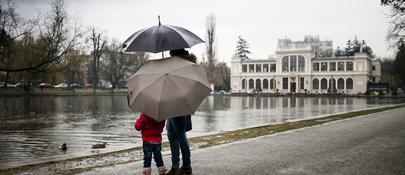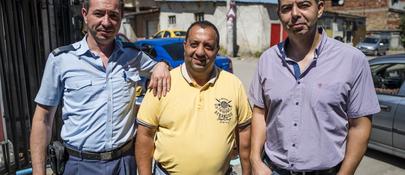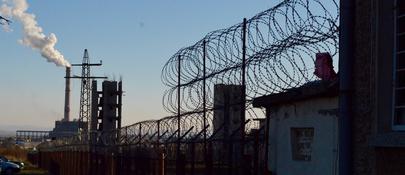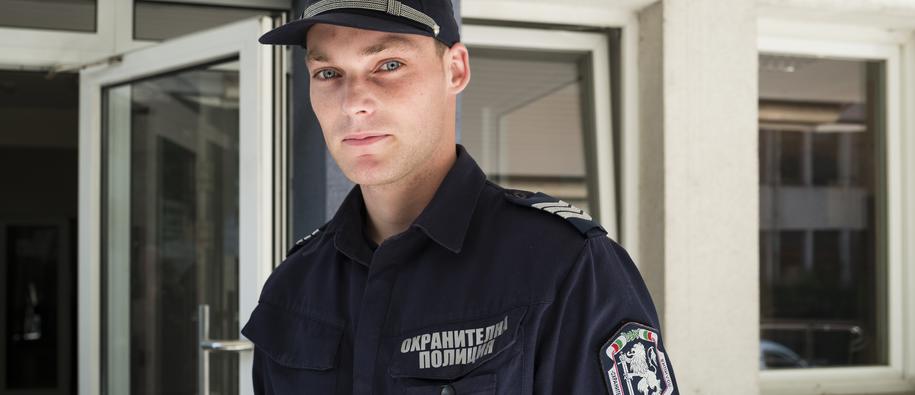
The Challenge
Crime can take multiple forms, ranging from financial wrongdoing to physical violence and abuse. No matter which shape it comes in, crime is a blight on our societies; it endangers people’s lives and wellbeing, and it undermines economies. European police forces face several common challenges:
Organised crime
Thousands of people are estimated to be trafficked in Europe each year, with women being the majority of victims. Human trafficking and other organised crime such as cyber-crime and drug trafficking remain a major problem in Europe. Victims of crime, especially children, are an important group which needs to be recognised.
Corruption
Corruption and economic crime such as tax fraud and money laundering are a significant challenge. Not only do they pose a threat to European economies, they also weaken our social-security systems.
Increasing international cooperation
Many of the challenges faced by European police forces are not limited to national borders. This makes increased international networks, information sharing and a stronger capacity for cooperation essential for keeping our societies safe and secure.
Strengthening the justice chain
The justice chain is composed of several parts which need to work together; all the way from measures of preventing crime to the investigation and prosecution of crime, and the courts. Improving cooperation between these institutions is vital in order to reduce crime.
Our Approach
Our goal
We aim to improve crime prevention and investigation.
How?
The funding aims to strengthen police cooperation to better meet common European challenges. The Grants also assist the beneficiary countries in fulfilling the obligations laid out under the Council of Europe Convention on Action against Trafficking in Human Beings and the criminal law and civil law conventions against corruption. Particular focus is placed on recognising and providing support for victims of crime, especially children and other vulnerable groups. Supported activities include:
- Improving the capacity of law enforcement agencies to investigate and prosecute cases of organised crime, including trafficking.
- Strengthen cooperation between national and international law enforcement authorities such as Europol, Interpol and Frontex.
- Strengthening the justice chain – the cooperation between institutions such as the courts, prosecution services, police and correctional services.
- Laying foundations to victims support and child friendly justice and making sure that children get interviewed in a friendly environment.
Creating partnerships
International cooperation is crucial for fighting crime due to its transnational nature. The Norwegian National Police Directorate is a donor programme partner in this area and can assist Norwegian organisations which wish to participate in projects as partners.
